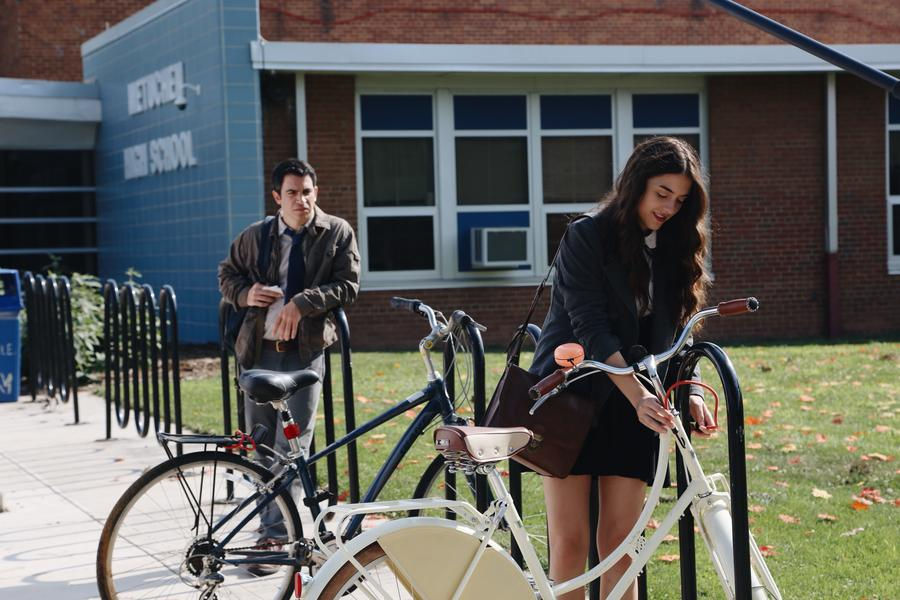Review: Blame
- Jan 12, 2018
- 2 min read

Blame, an intriguing observation of teenage adolescence as filtered through the lens of both Tennessee Williams' The Glass Menagerie and, more predominantly, Arthur Miller's The Crucible, is the directorial debut of twenty-two-year-old Quinn Shepard, who also wrote, produced, edited, and stars in the film. That Shepard took on all of these roles and created an engaging and provocative work is a testament not only to her talent and ambition, but also to the confidence that she has in the story she is telling.
Shepard portrays Abigail Grey, re-entering high school after a six-month stint in a psychiatric ward. Teenagers being teenagers, she's welcomed back with stares and taunts of "Sybil," referring to the woman with multiple personalities in Flora Rehta Schreiber's 1973 novel, Sybil, a copy of which is seen on Abigail's bed along with The Glass Menagerie, whose character Laura she currently appears to be emulating with her attire and even her limp. Chief amongst Abigail's agitators is Melissa (Nadia Alexander), a mean girl who lords over mild-mannered Sophie (Sarah Mezzanotte), whose desire to be part of the in crowd distances her from her childhood best friend Ellie (Tessa Albertson), who doesn't understand Melissa's intense dislike of Abigail.
Before Melissa's antagonistic behaviour towards Abigail is revealed to be rooted in something more complicated, it seems to stem from being passed over for the lead role in the school's annual showcase. This year, it's The Crucible and Abigail has been assigned the lead with Melissa as her understudy. Further bedeviling matters is Abigail's growing closeness to substitute drama teacher Jeremy Woods (Chris Messina), especially after he makes the eyebrow-raising decision to be her stage partner after her classmate drops out. Their increasing ease with one another does not go unnoticed by neither Melissa nor Ellie, each of whom have very different reactions upon discovering this.
Though Abigail and Jeremy's romance never progresses beyond a kiss, it's clear that both are emotionally invested. Yet, Shepard's main focus is on the shifting power dynamics between Abigail and Melissa and, incorporated to a lesser degree, Sophie and Ellie. Also touched upon is the girls' rising awareness of their sexuality, which could be a source of power, but is often utilised to align themselves to the wishes of boys who are not yet men, and men who still have too much boy left in them.
Shepard has a keen sense of how quickly allegiances can shift and, particularly, how teens can hurt one another, often without meaning to, in the name of fitting in. She also handles Abigail and Jeremy's illicit relationship with a great deal of sensitivity. Shepard also displays a solid visual sense - one scene has Abigail center stage as sections of lights go out only to be replaced by a red glow is especially striking. Alexander is excellent, well navigating the film's trickiest character, as is the ever-reliable Messina.
Blame
Directed by: Quinn Shepard
Written by: Quinn Shepard, Laurie Shepard
Starring: Quinn Shepard, Chris Messina, Nadia Alexander, Tate Donovan, Sarah Mezzanotte, Tessa Albertson, Luke Slattery

Comments